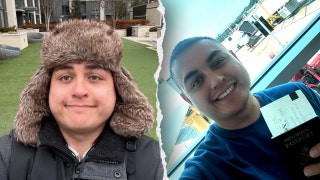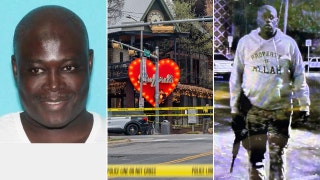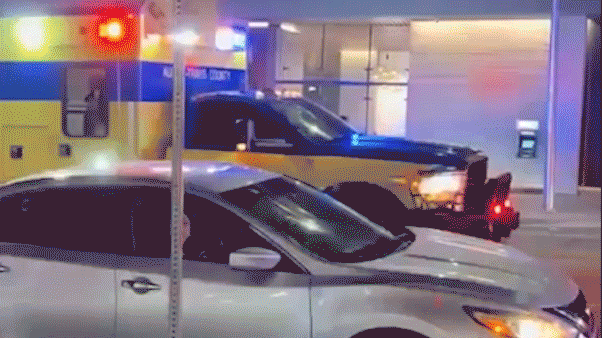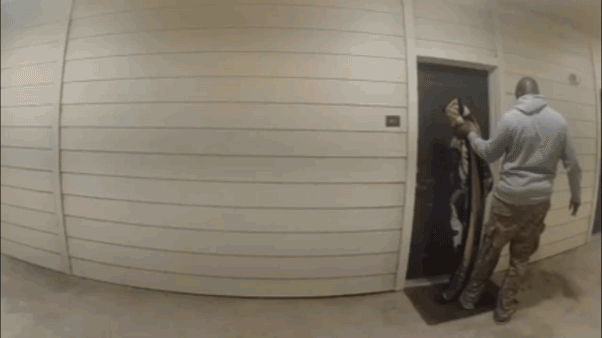CHICAGO – Allegations of a culture in which Chicago police jump to protect fellow officers accused of wrongdoing are at the heart of a federal civil trial beginning Monday that pits the victim of a barroom beating by an off-duty officer against the city.
The trial stems from the 2007 pummeling of bartender Karolina Obrycka by then-police officer Anthony Abbate. The attack was captured on a security video that went viral, shortly after which the city's police superintendent announced his retirement and the department vowed to clean up its image. Abbate was of convicted of aggravated battery in 2009 and sentenced to probation.
The lawsuit being heard now blames Obrycka's "savage beating" on a longstanding city failure to investigate, discipline or hold officers accountable, arguing the practice has emboldened police to violate individuals' rights "with impunity and without fear of official consequence."
In pretrial filings, city attorneys have said there is no proof of any such city policy.
Jury selection began Monday morning, and opening statements were expected later in the day. Abbate is expected to be among the first witnesses in a trial that could last several weeks.
The infamous video from a security camera at Jesse's Shortstop Inn captured the heavy-set, 6-foot-1 Abbate walking behind the bar, then repeatedly punching and kicking the petite bartender after she told him she would not serve him more alcohol.
The attack was seen as another example of misconduct by Chicago police, and the fallout was swift. Then-Superintendent Phil Cline suddenly announced his retirement and the department scrambled to repair its image.
Unlike at Abbate's criminal trial, the video won't be the focus of the civil case.
The key questions at this trial will revolve around what happened after the attack, whether other officers and city officials circled the wagons to protect Abbate and whether there may have been a cover-up.
City attorneys sought to narrow the scope of the trial to the facts of this particular case. But in a 22-page pre-trial ruling, U.S. District Judge Amy St. Eve allowed Obrycka's attorneys to make unspoken codes of behavior in the department a focus of their case.
Abbate acknowledged during his criminal trial that he was drunk during the incident. But he said Obrycka pushed him first as she tried to remove him from behind the bar.
Obrycka has said she continues to suffer psychological wounds, often has nightmares and has trouble trusting people, including her husband.
___
Follow Michael Tarm at www.twitter.com/mtarm









































